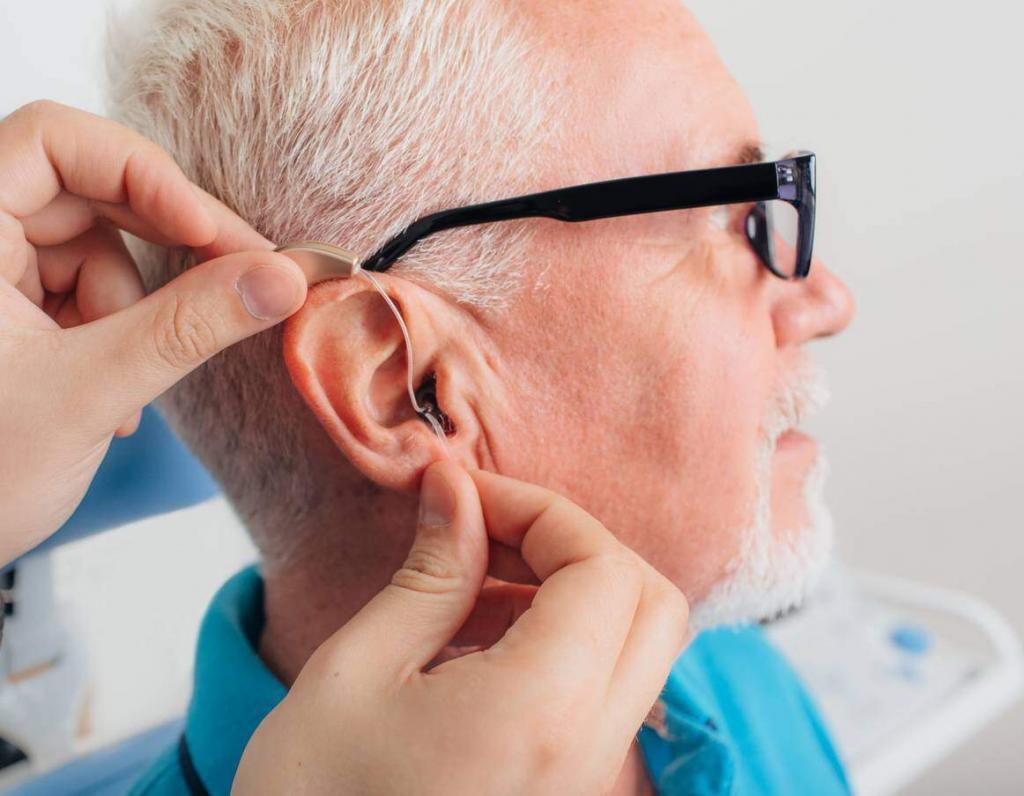One of the most common, but somehow less talked about work-related injuries is temporary or permanent hearing loss or hearing impairment.
Here are some numbers provided by the National Institute for Occupational Safety and Health (NIOSH)to help you understand how prevalent this issue is.

Hazardous Noises Are More Common Than You Imagine
In the hope to find out more about Occupational Hearing Loss (OHL), the NIOSH conducted a study that collected and analyzed data on this issue. Here is what they found out:
- One quarter of all workers have been exposed to hazardous noise, with 34% of them not wearing protective gear at the time
- 19% of sound exposed workers have hearing impairment, most of them in both ears)
- Tinnitus can be found in about 8% of workers
Hazardous noise is a sound level of over 85 DB. That means that you won’t be able to understand someone who is 3 feet
Besides hazardous noise, another factor of risk for hearing loss is the exposure to ototoxic chemicals. These are substances that can lead to hearing impairment if the exposure is not controlled.
These substances include solvents, metal, and compounds, asphyxiants, certain pharmaceuticals, and nitriles. If you’ve been exposed to these chemicals on a regular basis and you are starting to lose your hearing or develop other health problems, then you may be eligible for workers compensation. Speak with a St. Louis work injury lawyer and let them review your case and guide you.
How to Protect Yourself from Hazardous Noises
If you are one of the 25
- Always wear protective gear, such as noise cancelling headphones or earplugs;
- Don’t listen to music that is too loud;
- Keep away from noise sources as much as you can!
- Keep loud equipment well maintained and oiled, so that it runs as smoothly as possible;
- Limit the time spent near noise or ototoxic sources as much as you can;
- Go to the doctor right away if you experience any hearing related symptoms;
If you have any sources of hearing hazards at work and you feel like the internal protocol does not include enough safety measures, then you should raise this issue with your superiors. Hearing loss and impairment
If your employer doesn’t seem to make any effort to protect his workers from noise-related damages, you are entitled to file a complaint. If you develop hearing loss as a result of your job, get in touch with a St. Louis workers compensation attorney now and let them review your case. Give us a call 24/7 at (314) 361-4300 for a FREE consultation.
